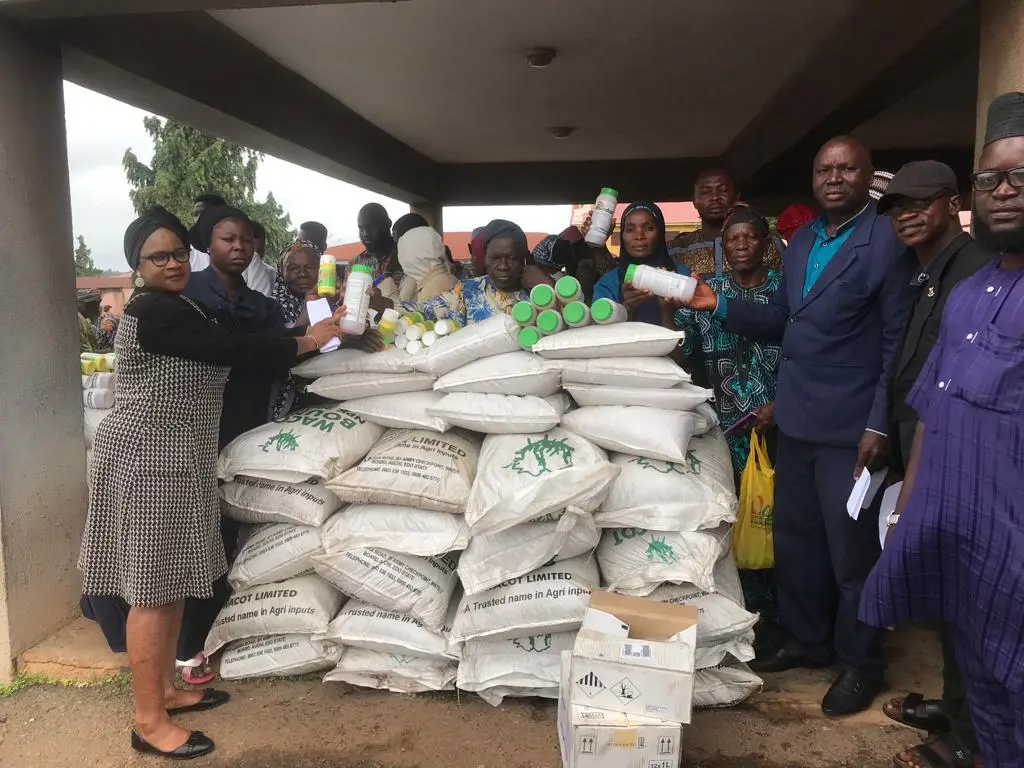No fewer than 965 farmers have benefitted from the free agricultural inputs given in 12 local government areas of Oyo State. The beneficiaries are into maize, tomato, cassava and rice farming. The farmers were selected from Iwajowa, Kajola, Iseyin, Ibarapa East, Ibarapa North, Ido, Saki East, Oorelope, Olorunsogo, Oriire, Ogbomoso South and Surulere local government areas of the state. Some of the farmers, while getting the inputs at the Ido local government area, were advised to make the best use of them, to promote food security in the state and the nation at large.
The executive chairman of one of the councils, Sheriff Adeojo, appreciated the state governor, Engr. Seyi Makinde for his efforts toward ensuring food sustainably across all the geo-political zones of the state. He said that the inputs were part of programmes set aside by the governor to support farmers affected by the Coronavirus disease (COVID-19) pandemic. “For those of you that benefit from these distributions, please, make good use of them, and for those of you that are yet to benefit from the kind gesture of the state governor, I am using this opportunity to appeal to you to please relax, your time will soon come.
“I want to remind you all that our ‘talk and do governor’ has, again, promised to assist another set of 10,000 farmers across the state. This, according him, is one of the palliatives set in motion to cushion the effects of fuel subsidy removal. So, I believe you will all be captured in the next phase of the distribution”, the chairman said. The state coordinator for Nigeria COVID-19 Action Recovery and Economic Stimulus (N-Cares) Result Area 2, Kolawole Bamigbola, gave the total number of beneficiaries in the Ido local government as 90. This include 80 cassava farmers and 10 tomato farmers.
While giving the breakdown of what each farmer got in the local governments, he said each of the cassava farmers received 20 bundles of cassava cuttings, two bags each of NPK fertilizer and one liter of herbicide. The tomato farmers each received 25 sachets of tomatoes seeds, one and half bags of fertilizer, one liter of pre-emergence herbicide and one liter of post-emergence herbicide. Each maize farmer received 10kg of maize seeds, two bags of NPK fertilizer, as well as one liter of pre and post-emergence herbicides.



